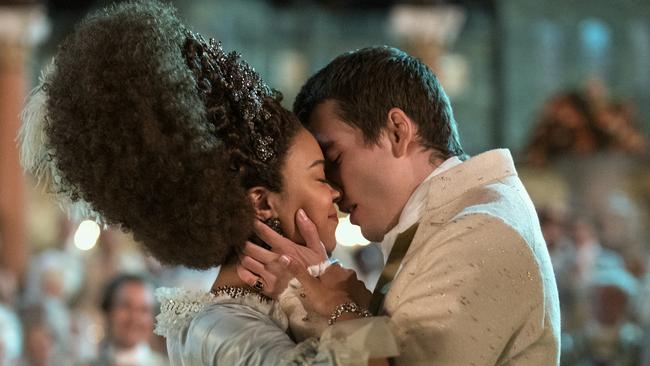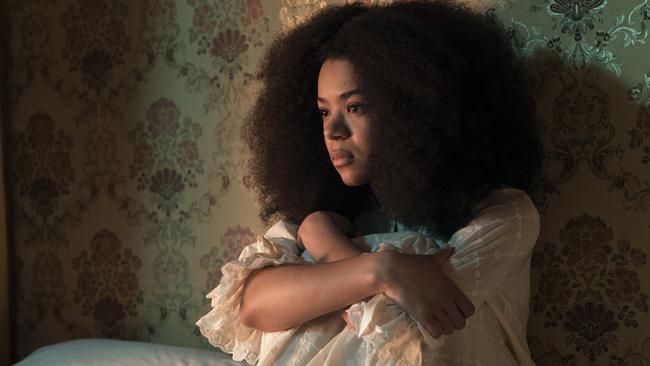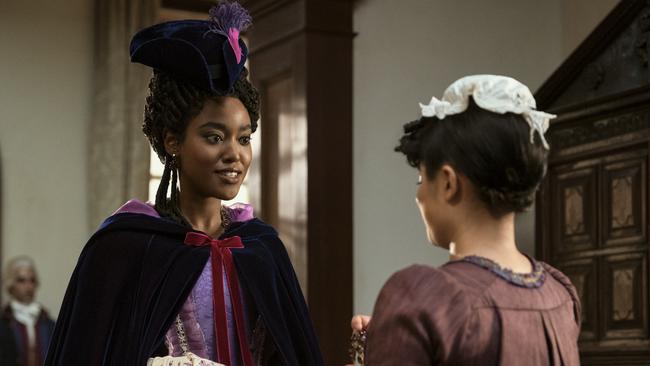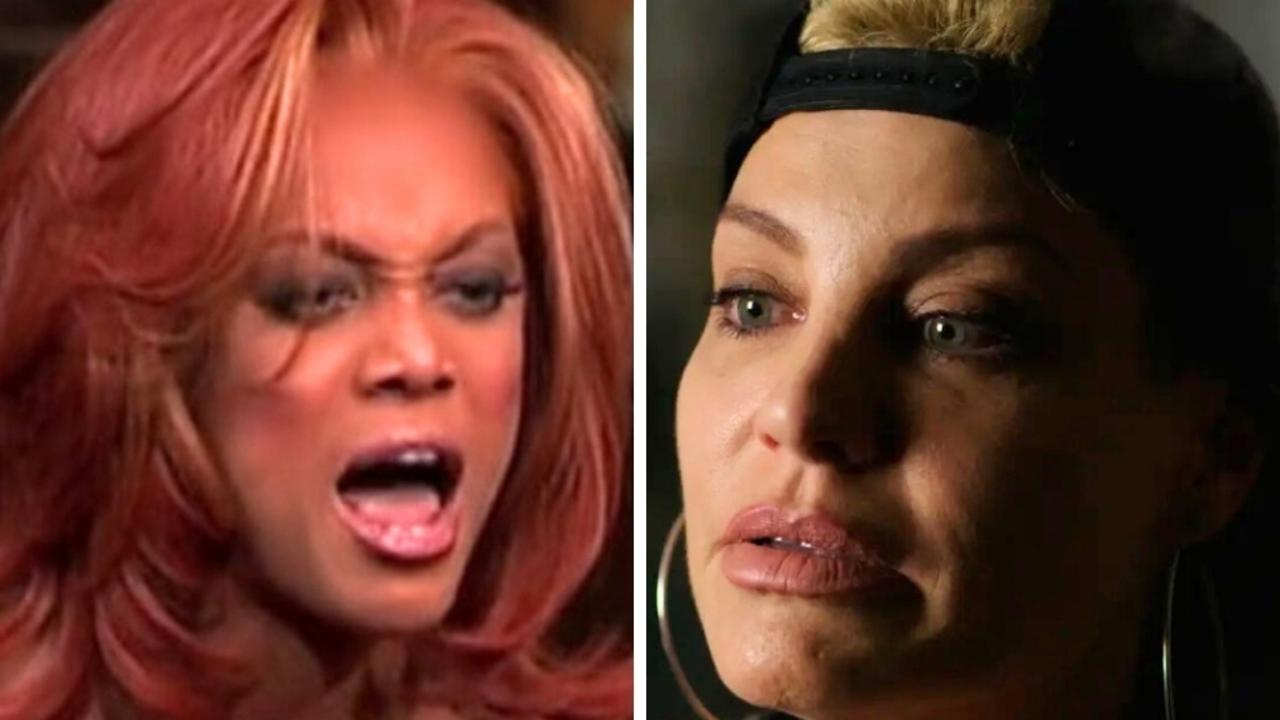Queen Charlotte is that rare unicorn – a prequel better than the original
We know how the conventional wisdom goes, a sequel, prequel or remake will not outshine the original. Except here, where it’s so much better.

TV
Don't miss out on the headlines from TV. Followed categories will be added to My News.
After decades of sequels, prequels and remakes, the conventional wisdom is that you’re not going to best the original and the longer it goes, the more it becomes an exercise of diminishing returns.
That’s obviously not a hard-and-fast rule. The John Wick movies keep getting better, the Harry Potter movies definitely evolved in a good way and the Battlestar Galactica reboot was light-years more superior than its campy predecessor.
But it’s still rare. It almost never happens.
So imagine the delight and surprise to discover that Queen Charlotte, the Bridgerton prequel, is not only pretty great, it’s better than the first two seasons of the wildly popular Netflix series.
Queen Charlotte is more thoughtful and substantial than just a frothy romance – although there is still plenty of swooning – and it benefits greatly from having higher stakes.
While the courtship games of Bridgerton makes for fizzy fun, it’s also frustratingly light and never persuades you it’s worth investing in the frivolity of titled socialites. It’s only in the personal did Bridgerton wield its magic – the seductions between Anthony Bridgerton and Kate Sharma were charged and sparky.

The courtship of Daphne Bridgerton and the Duke was less actually passionate – the show was doing its best poor man’s impression of Fitzwilliam Darcy, and failing to mount any convincing chemistry between its leads.
But, hey, it sure looked pretty.
Queen Charlotte is the hot romance of the second season and the luscious production design and costumes of both seasons with the added richness of a grander story with real stakes. Queen Charlotte blends the personal with the public.
Framed within a present day story of Charlotte (Golda Rosheuvel) as the queen we already know, contending with how to continue the royal line when none of her baker’s dozen children have borne any legitimate successors.
She doesn’t care how they do it, as long as they do. The separation of love and procreation contrasts with the story of her own origin in the English court.
We’ve been told that in the world of Bridgerton, the reason why it was (as close to) a post-racial society (as it’s ever going to be) was because Charlotte (India Amarteifo as young Charlotte), a Black German princess, married King George (Corey Mylchreest), and their love union heralded a new era of inclusion at court and in the country.

Seeing how it played out makes more meaningful what was a given in those first two seasons. In the world of Queen Charlotte, it wasn’t post-racial. The character’s arrival at court was termed “the great experiment” and the expectations were it had to succeed now if it was going to succeed ever.
That pressure is something felt today by high-profile people from non-white backgrounds, that what they do as individuals have wider-ranging consequences.
And that’s the crux of Queen Charlotte. Everything that happens has consequences beyond Charlotte and George’s romantic fate, and his mental illness, as compelling as that story is – and it is. Don’t worry, it’s also, at times, erotic.
The series is invested in the bigger picture story, and that makes Queen Charlotte a far more interesting show. And how those changes brought on by Charlotte’s presence and position plays out is immediately apparent. The younger version of Lady Danbury (Arsema Thomas) is right there on the coal face, experiencing the prejudice of her having her husband barred from social events, or how they baulk at her “daring” to host the first ball of the season.

Perhaps it’s because we know where the story goes, the consequences of the world they’re trying to make, the series feels heftier. Rather than draining it of dramatic tension – will it happen or won’t it, spoiler, it will – it gives it gravity.
Everything feels more significant because you know the snatches of happiness between Charlotte and George won’t last – but that it’s still better having had it than not at all. And it needed to happen to create the world that exists in Bridgerton.
The sparkling writing is geared towards the impending tragedy of the romance, and it’s sensitively calibrated to not let inevitability drag it down. Rather it makes every moment feel important. And it retroactively makes Bridgerton feel as if it earnt its world.
Many people have just spent this past weekend gushing over an ageing monarch in an ermine cloak being anointed with oils after arriving at a tediously long ceremony in a literal golden carriage.
Maybe the royals in Queen Charlotte aren’t real – certainly, they’re not historically accurate – but at least in this dramatised version, they seem human, and they seem consequential.
Queen Charlotte: A Bridgerton Story is streaming now on Netflix
Originally published as Queen Charlotte is that rare unicorn – a prequel better than the original





